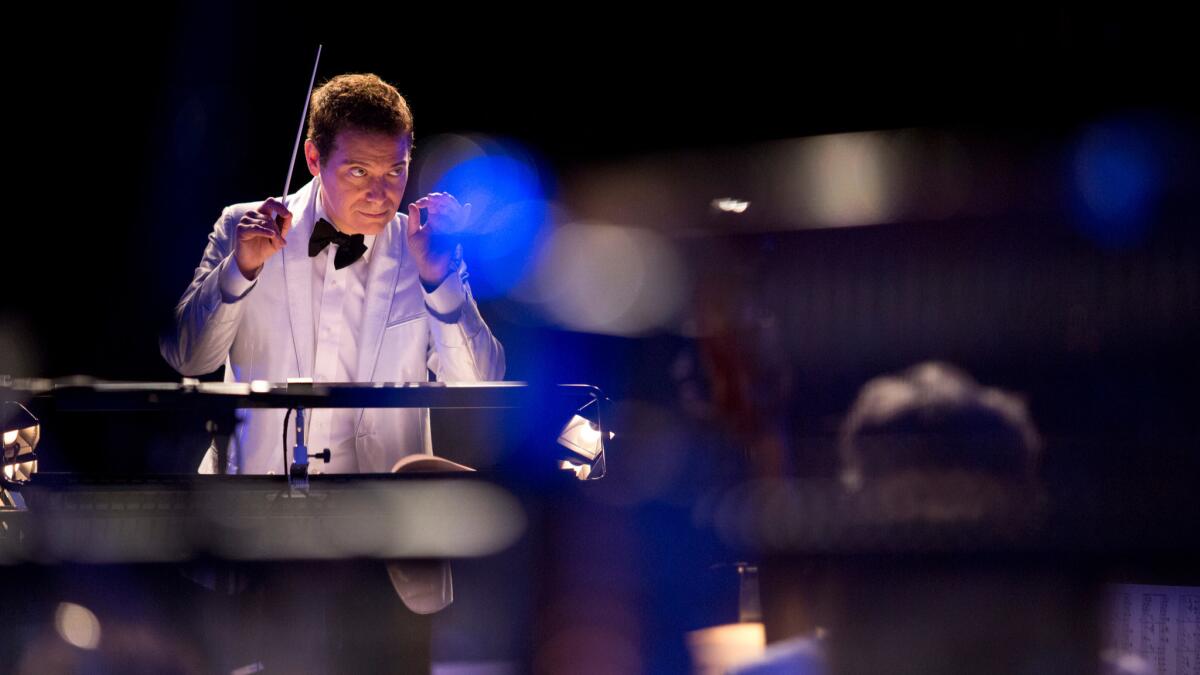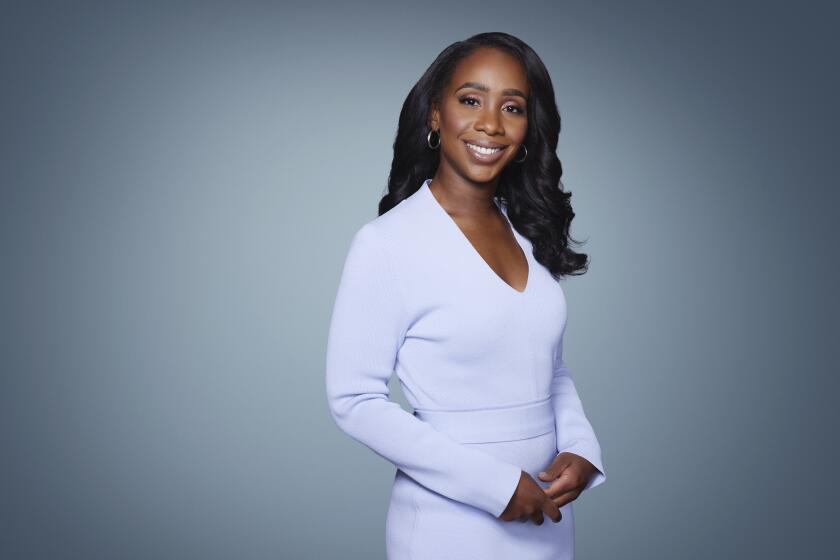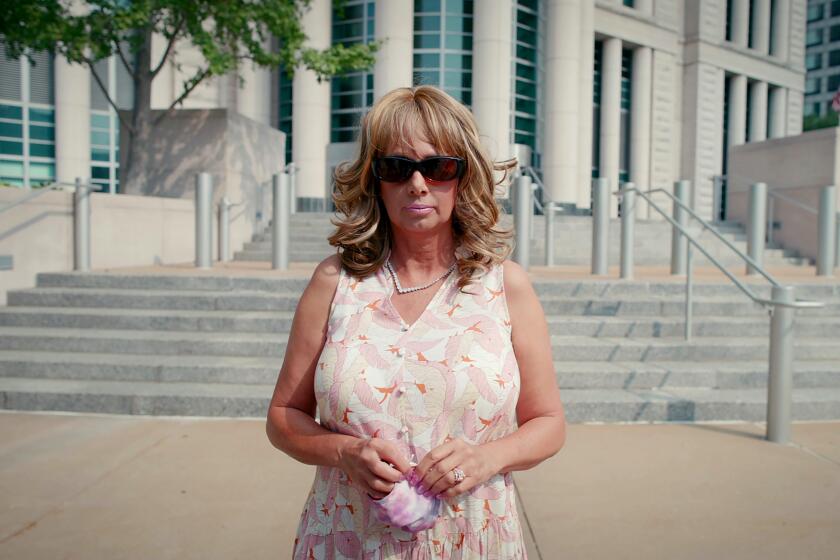Review: Michael Feinstein and Pasadena Pops open their summer season

Michael Feinstein opened his fourth season as principal conductor of the Pasadena Pops on Saturday night pretty much the way he opened his first season in 2013. The specific theme may have been different, but the general idea was the same: exploring hidden or underexposed corners of the Great American Songbook.
The concept is infinitely flexible if the programmer puts in a lot of diligent hunting and gathering, which Feinstein has been happy to do throughout his career. The Pasadena Symphony and Pops has been happy to let him; in May, the organization extended his contract for a second time, now through 2019.
Feinstein sings more often at these concerts than he once did, accompanying himself on the piano or leaving the Pops in the experienced hands of resident conductor Larry Blank. The crowds picnicking amid the noisy peacocks at the Los Angeles County Arboretum & Botanic Garden in Arcadia continue to be large and doting, and nobody seems to mind the cascades of accurate, often entertaining background info that Feinstein lavishes upon almost every selection.
The “First Ladies of Song” theme for the night centered on three in particular: Rosemary Clooney, Judy Garland and Peggy Lee. But others were represented as well, as indicated by the opening film collage of female vocal stars past and present.
Three singers from three generations also were on hand to sing with the band. Madelyn Baillio, just a couple years out of high school and a winner of Feinstein’s Songbook Competition, sounded mature and polished. On “If He Walked Into My Life” from “Mame,” she was capable of injecting some real emotion. Big band-era veteran Lynn Roberts, 81, displayed a remarkably steady, well-preserved voice. Falling almost exactly in the middle of these two age extremes was Cady Huffman, who applied the snap and crackle of Broadway with maximum gusto in “Don’t Rain on My Parade.”
Per the Feinstein agenda of not belaboring the obvious, they did not perform predictable choices — no “Fever” or “Why Don’t You Do Right” for Lee, no “Over the Rainbow” or “The Trolley Song” for Garland, no “Come On-A My House” for Clooney. (In his candid program notes, Feinstein claimed that no major singer “was forced to sing lousier material than Clooney.”)
Some of the arrangements Feinstein excavated were in styles that seemed to vanish once the records went out of print, like the gimmicky Latin-ish chart for a Keely Smith record, “I Wish You Love,” or the “Mangos” cha-cha. Both sounded like artifacts from the Eisenhower era. Live, they were fun to listen to, probably fun to perform too, like trying on a Davy Crockett coonskin cap at an antique mall. There were also custom-made overtures for the film versions of “Porgy and Bess” and “Funny Girl” and Garland’s now-iconic 1961 Carnegie Hall concert. The only sour note, mainly for those on the back lawn, were the video screens that conked out in the middle of the second half of the concert.
More archeological digs through the songbook are coming, including a sequel to last summer’s Sinatra Project on July 30 (with Feinstein singing and Blank conducting), a Cole Porter night on Aug. 20, a Warner Bros. film survey Sept. 10 and, bringing the music a little forward, a night of Billy Joel songs July 9.
More to Read
The biggest entertainment stories
Get our big stories about Hollywood, film, television, music, arts, culture and more right in your inbox as soon as they publish.
You may occasionally receive promotional content from the Los Angeles Times.










